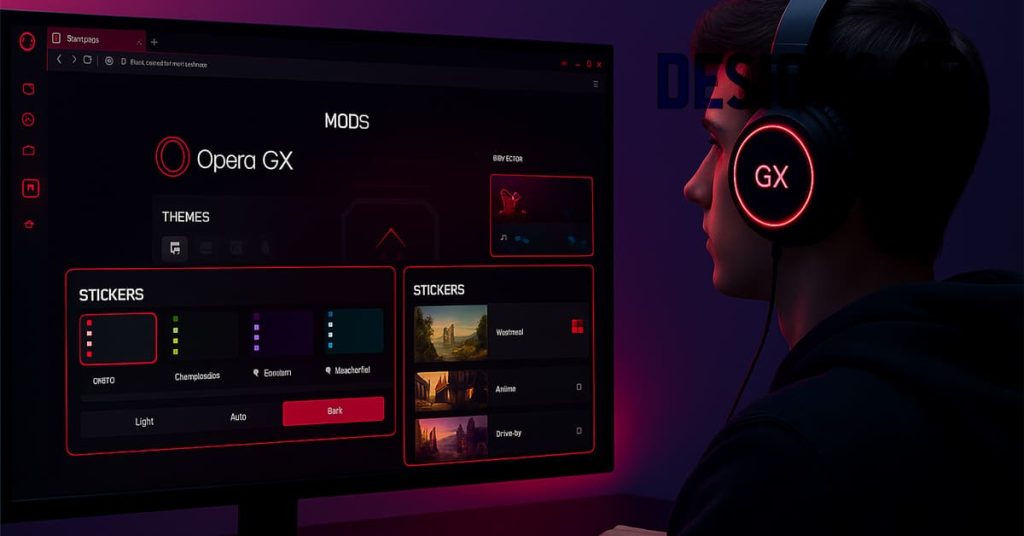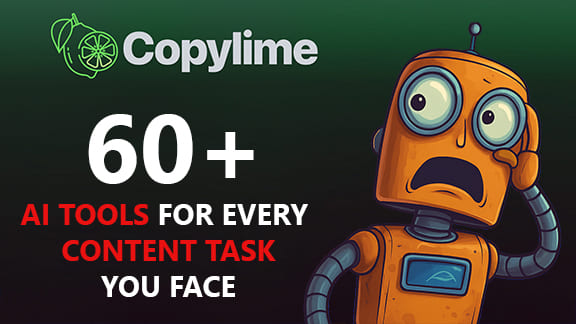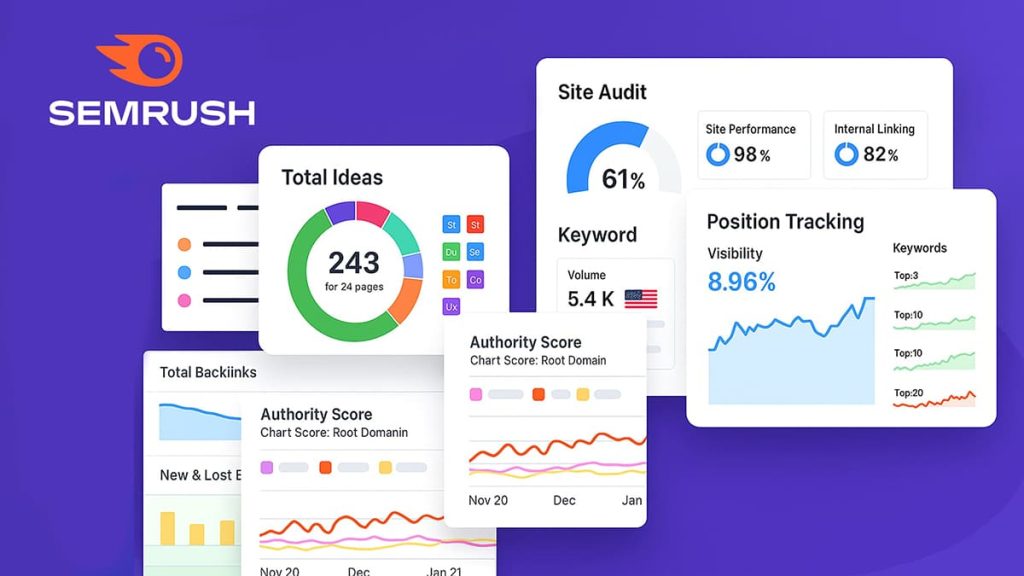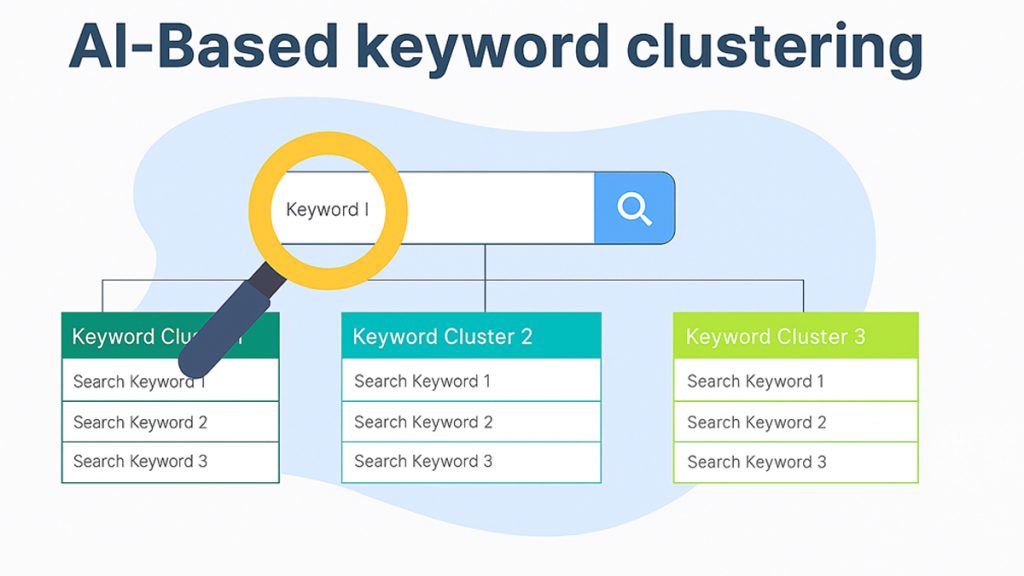SEO isn’t just about keywords anymore it’s about relevance, structure, and intent. That’s where Surfer SEO stands out. Instead of throwing keyword suggestions at you, it guides your entire content strategy, from clustering ideas to polishing the final draft. I’ve tested it across different projects, and it’s helped me save hours without compromising quality. In this article, I’ll share how Surfer blends content optimization with real-time insights and explain why it’s a powerful addition to any SEO toolkit.
Why Surfer SEO is more than just an optimizer
At first glance, Surfer SEO might seem like just another on-page optimization tool. But after working with it on a dozen client projects, I’ve realized it’s more like a strategic co-pilot than a checklist machine. The real-time content editor isn’t just throwing keyword suggestions at you it pulls data directly from live SERPs, tailoring its its guidance based on what’s already working for top-ranking pages.
One of the features I found most useful? Its ability to group related keywords into meaningful clusters. This goes beyond simple synonyms; it helps you create thematic coherence across your content, which Google’s NLP (Natural Language Processing) systems appreciate. In fact, the way Surfer aligns with E-E-A-T principles (Experience, Expertise, Authoritativeness, and Trustworthiness) makes it incredibly effective for building SEO credibility.
If you’re already exploring AI-powered SEO strategies that save time, Surfer fits right into that workflow naturally.
How Surfer helps you build clusters that rank
When you’re trying to cover a topic in-depth, the hardest part isn’t writing it’s structuring. That’s where Surfer becomes more than a convenience. Its keyword clustering tool doesn’t just group similar phrases; it actually combines user intent, SERP similarities, and NLP-based suggestions to help you form smart, rank-worthy clusters.
I’ve used it to plan content hubs for niche and competitive topics alike. What stood out? It auto-generates keyword groups that mirror how Google interprets search intent. No more guessing which terms to bundle together. It’s like having a mini content strategist baked into your workflow.
Once your cluster is in place, Surfer lays out a visual blueprint a content structure with headings, paragraphs, and even image guidelines. All of it feeds into a live content score that updates as you write. And from my own results, hitting a score above 75 consistently correlates with better rankings.
Curious about AI grouping in general? I’ve also explored how grouping keywords using AI helps build smarter SEO content frameworks.
Content optimization made simple
Writing with Surfer feels less like guessing and more like guided precision. The platform offers real-time, step-by-step optimization as you draft, making sure you’re aligned with both SEO best practices and user readability. It’s like writing with an experienced editor by your side one that’s obsessed with rankings.
From the moment you start typing, you get visual targets for word count, number of headings, paragraphs, and even images. Instead of vague advice like “make it longer,” you’re given a precise structure tailored to what’s working in current top-ranking content. That alone helped me cut revision cycles in half.
Surfer also tracks keyword usage and suggests semantic variants, balancing TF-IDF without ever pushing into keyword stuffing. And I’ll be honest seeing the content score rise as you refine your text? Incredibly satisfying.
The process is straightforward, intuitive, and surprisingly motivating. You stay focused, efficient, and confident that you’re building something search engines (and humans) will genuinely appreciate.
My experience using Surfer SEO
I’ve used Surfer SEO across a variety of projects from high-competition client blogs to niche affiliate sites and the results have been consistently solid. One of the biggest benefits? Planning time. What used to take me a couple of hours manual research, competitor comparison, structuring now takes maybe 30 minutes, thanks to the built-in brief generator and keyword grouping.
More importantly, I’ve seen tangible improvements in rankings. Pages that hit a content score above 75 tend to climb noticeably within a few weeks. That threshold seems to mark a turning point, where articles go from “decent” to “Google-worthy.”
If you’re juggling multiple sites or clients, it’s a game changer. You get more done, faster and with better outcomes.
Whether you’re a blogger, content strategist, or SEO freelancer, Surfer SEO can easily become your go-to assistant. It simplifies content planning, streamlines writing, and boosts your chances of ranking with real-time suggestions and clustering logic. From my experience, it’s not just efficient it’s empowering. If you’ve tried other tools and felt overwhelmed or underwhelmed, this might be the one that finally clicks.








